For Indians who love tea (and most of them do!), the thought of a cup of a hot masala chai is deeply satisfying.
And going by the amounts we gulp down, one would think we’ve been drinking tea for centuries!
It does come as a surprise then to know that nobody in India drank tea 200 years ago!
Tea was stolen by the British from China and brought into India.
Believe it or not, Tea came to India as part of a grand scheme of the British East India Company that planned a massive theft of tea plants from China in order that the thirst for tea in Britain can be sustained
Here’s the story of Tea.
A famous legend has it that Tea was discovered in about the 5th century A.D. by a wandering Buddhist monk who was born somewhere near Chennai. This monk named Bodhidharma is regarded as the founder of the Zen school of Buddhism.
It is said that he spent seven sleepless years meditating and contemplating about the Buddha. During the fifth year, when he began to feel drowsy, in order to keep himself from falling asleep, he looked around for a solution. That is when the monk found a tree nearby and decided to pluck some of its few leaves chew them. Much to his surprise, he found that upon chewing the leaves and drinking its juice, his tiredness vanished. This bush was tea and thus began the discovery of India’s favourite beverage.
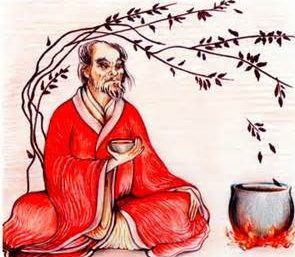
As with every Indian tale, there are several versions of this legend too. Another one goes that one day while the monk was boiling water for drinking, a gust of wind blew some leaves into the kettle. When Bodhidharma drank the water accidentally brewed with the leaves, he felt alert and lively. Stopping to enquire more about the leaves, he accidentally discovered the fine drink.
A slightly more gruesome version of the story also exists. During the seven-year long meditation, Bodhidharma found that his eyelids were growing heavy, causing him to fall asleep. But he did not want to sleep. He wanted to push himself and continue his meditation. To prevent his eyelids from closing, he angrily plucked them out and threw them on the ground. At the spot where his eyelids fell, a bush began to sprout. That was Tea.
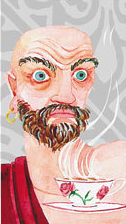
Of course, all these are legends and while they make for interesting travel tales, if you’re looking to tell your child more about the History of Tea, you will find equally interesting tales.
The story of Tea begins about 2500 years ago somewhere in the mountains of south-west China. It is the Chinese that first began to drink tea as a medicinal brew by boiling the leaves of the tea bush together with some herbs. Gradually the drinking of tea became a part of Chinese culture and from medicine it became a popular beverage.
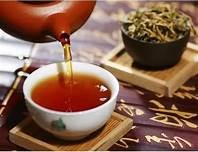
It was when the Portuguese arrived in Asia in the 15th century and era of colonization began that tea began to find its way to Europe from China along with other goods like silks, spices and porcelain. It was during this period that Europe, and in particularly England woke up to the delight of tea.
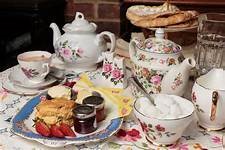
Gradually the English were drinking so much tea that they found much of their silver going to fill China’s coffers as tea imports soared. The Chinese, in return, wanted none of the English goods and tea was draining the English economy.
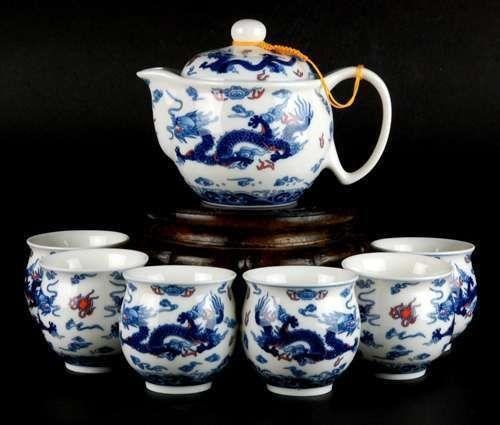
To counter that, the English came up with a novel two-pronged solution. They smuggled the tea bush out of China and experimented with growing it in India. Secondly, they forced Indian farmers to grow opium and smuggled it into China, converting the Chinese into drug addicts so the opium could pay for the tea. When the Chinese emperor resisted, the English waged war which are famously known as the First Opium War (1839-42) and the Second Opium War.
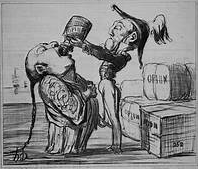
The Chinese suffered heavy casualties and lost much, including the island of Hong Kong which was ceded to the English under a treaty to end the war.
In the meantime, the tea seeds and bushes of tea smuggled by the British into India from China, began to sprout and do well. They brought the tea to the hills of Darjeeling and found that the weather and other conditions there were perfect for Tea. No longer would the British need to depend on the Chinese to serve their high society with a steaming cup of the brew. They could merely annex land in India and convert them into tea estates.
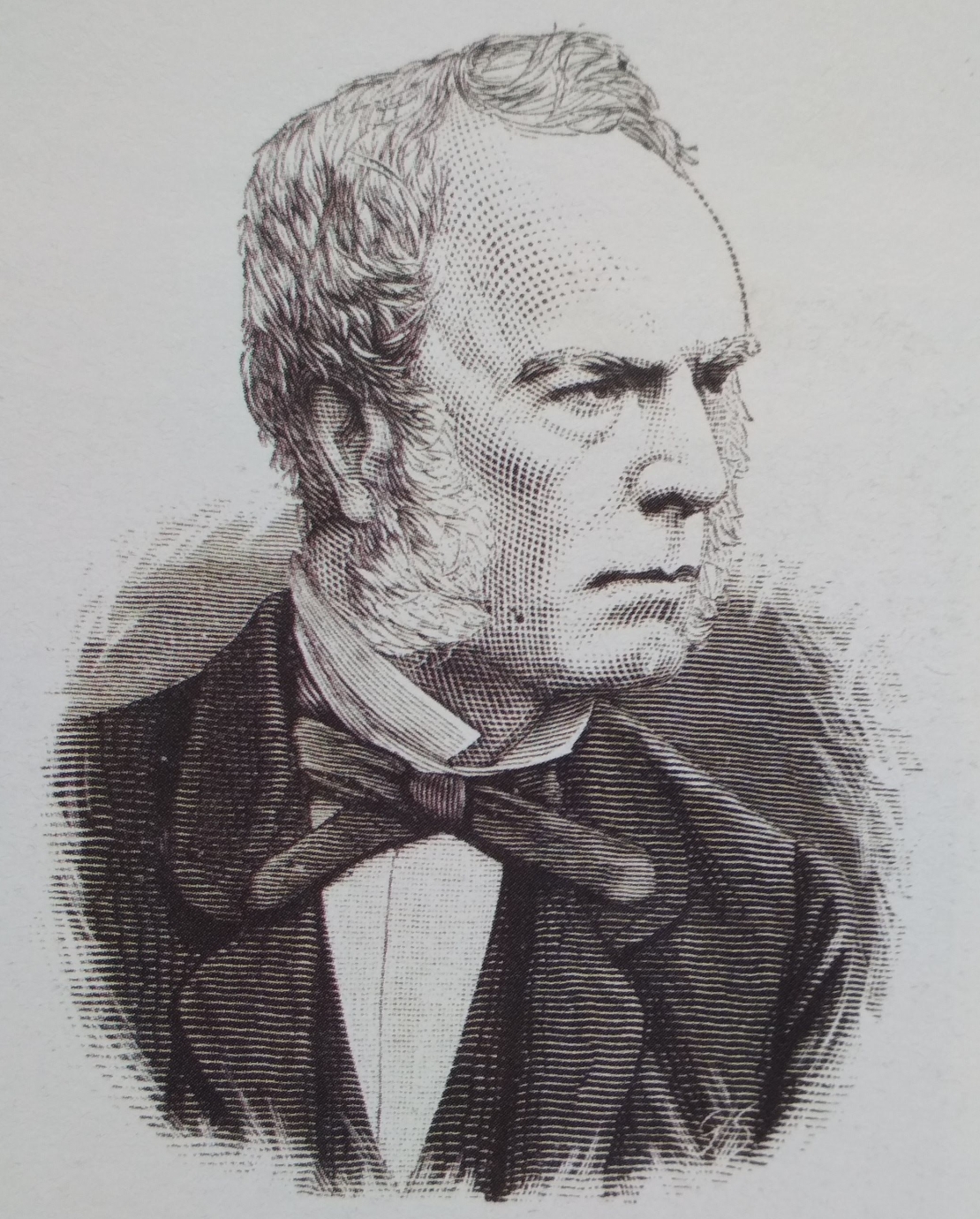
English botanists also discovered indigenous Indian tea growing in the hills of Assam. The tribals there had been growing the plant for years. They had already smuggled large quantities of the crop from China and now this was a bonus. Thus began a new chapter in the History of the British in India.
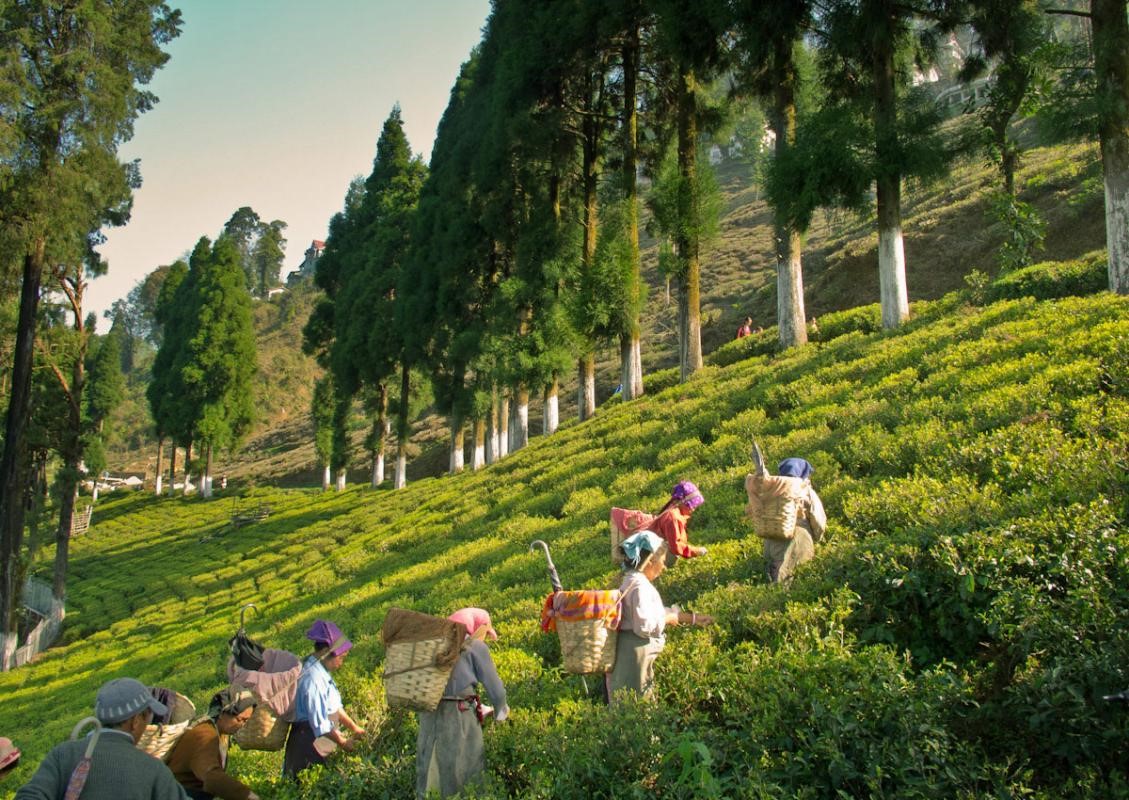
Two hundred years ago, Tea was unheard of in India. Today, India drinks more tea than any other nation in the world! And this is the tumultuous and eventful journey of Indian tea!
So the next time you are driving through rolling hills, spinning around hair-pin bends and gazing at the endless expanse of tea estates, when your child begins to yawn and ask for your phone to play a game – Don’t reach for that solution just yet. Tell them instead about some of these Fascinating Legends and the Incredulous Story of Tea.
To read this fascinating story of tea and international espionage, and other lesser-known stories from Indian History, check out my book Of Revolutionaries and Bravehearts, a Puffin Book, that offers children an alternative view of History.


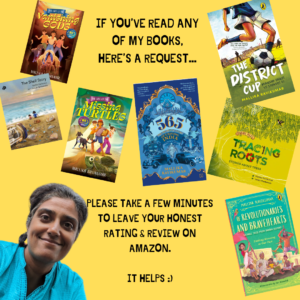
Trackbacks and Pingbacks